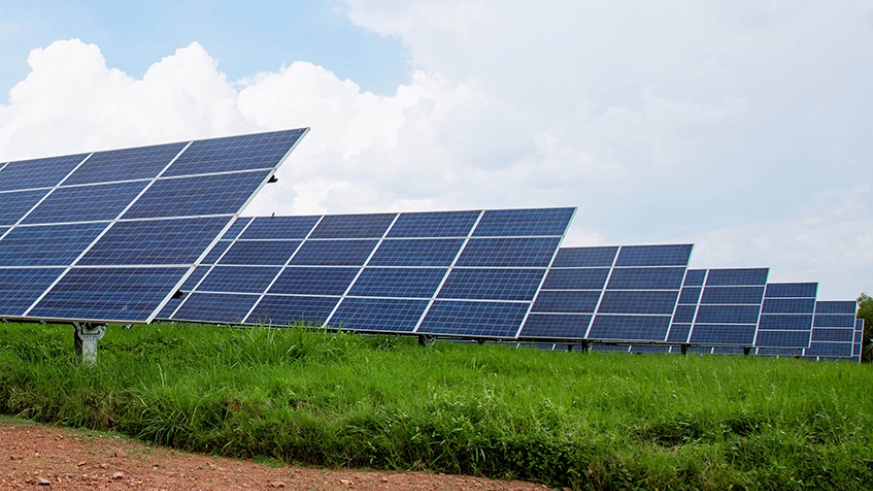

The Covid-19 pandemic and its devastating consequences on people’s health and economies globally have seen several priorities relegated to the backseat as leaders desperately try to contain the virus and ease its impacts.
With the virus eroding gains from years of hard work in poverty eradication and economic development, especially in developing countries, many governments have been forced to go back to the drawing board.
From education to energy to Non-Communicable Diseases, key programmes and projects are likely to be or have already been shelved or significantly scaled down as governments and development partners channel resources toward dealing with the pandemic and its myriad consequences.
While battling the Coronavirus crisis and its consequences will understandably remain the number one priority for most countries in the foreseeable future, this should not be at the expense of other life-changing programmes.
One of them is climate change.
In recent years, countries around the globe have sought to reach a common understanding and to draw up joint roadmaps to a healthier, greener and safer world. The return of the U.S to Paris Agreement was seen as likely to inject renewed momentum toward collective action against global warming, but much of the attention remains on the virus nonetheless.
In Rwanda, the government last year rolled out a Rwf10 trillion climate change plan, which seeks to boost the country’s mitigation and adaptation programmes. It’s an extremely ambitious agenda but climate change is not something you can afford to ignore or treat as a secondary matter.
Conservation is one of the main pillars of the Nationally Determined Contribution, under which Rwanda hopes to reduce greenhouse gas emissions by 38 per cent by 2030. While there has been gradual increase in the surface area of designated protected areas over the last half a century globally, it has been noted that biodiversity continues to be eroded. Continued loss of biodiversity calls for urgent action as it risks to heavily disrupt ecosystem balance with dire consequences.
It is against this background that Kigali will host the first Africa Protected Areas Congress slated for March 2022, with a virtual event due today, Tuesday, April 20, to launch a series of activities in the run-up to the congress.
Organisers say the inaugural congress will help set a common agenda, vision and shared values for the continent’s protected and conserved areas that ensure a recognition of the contribution of protected and conserved areas to the African Union’s Agenda 2063. This, they say, seeks socioeconomic transformation of the African continent in a manner that benefits Africans while contributing to attaining the post 2020 Global Biodiversity Framework goals and targets.
This is a noble cause and should be supported by all stakeholders, including private actors, citizens, and development partners, among others. We must all work hard to ensure that conservation remains top of the agenda – yes, even in pandemic times.


